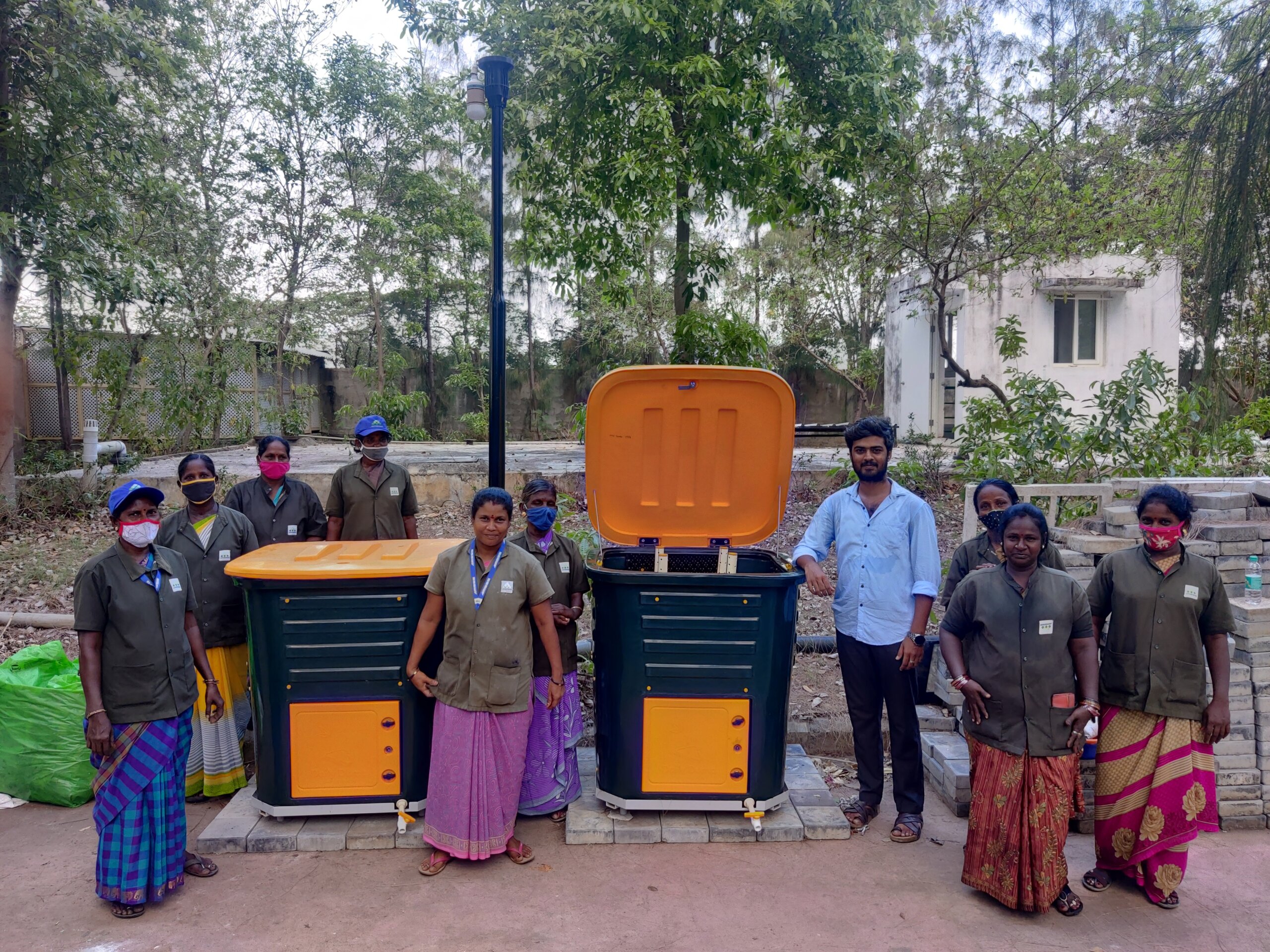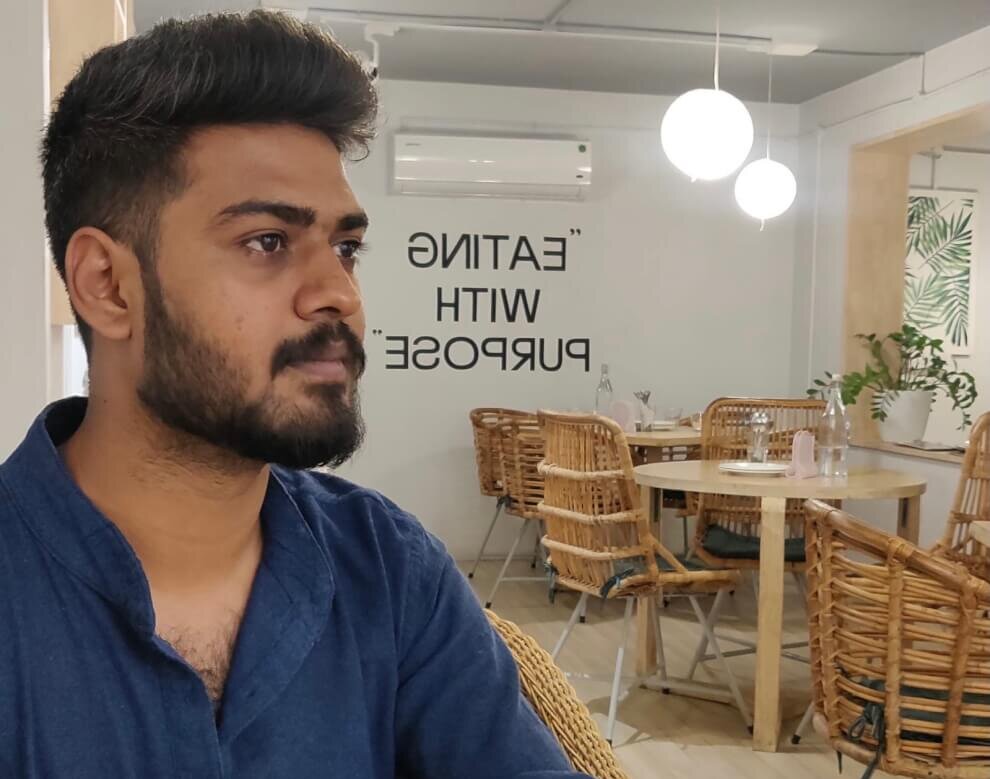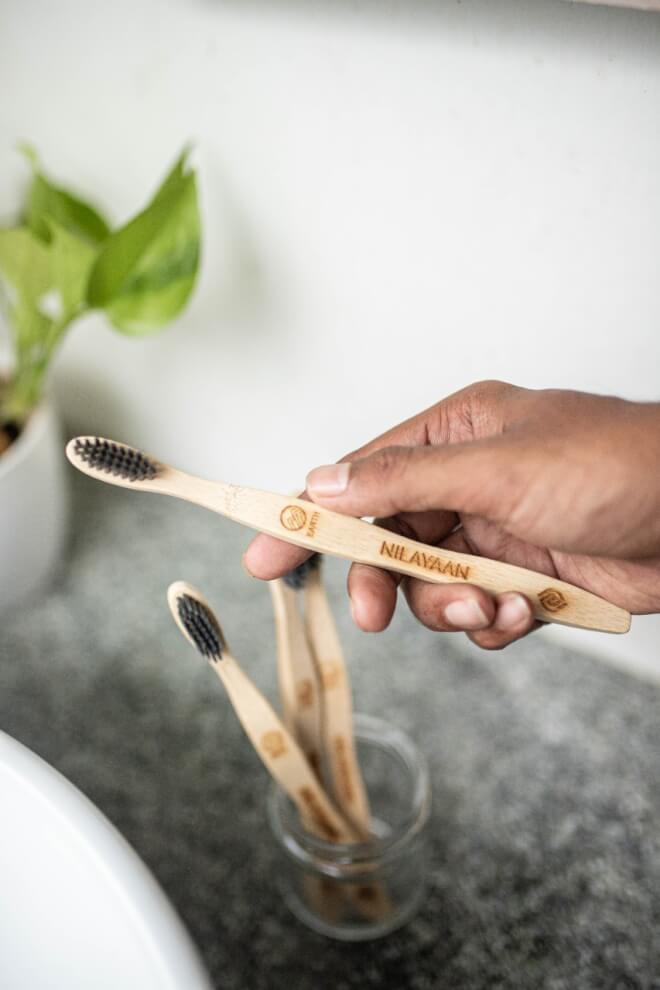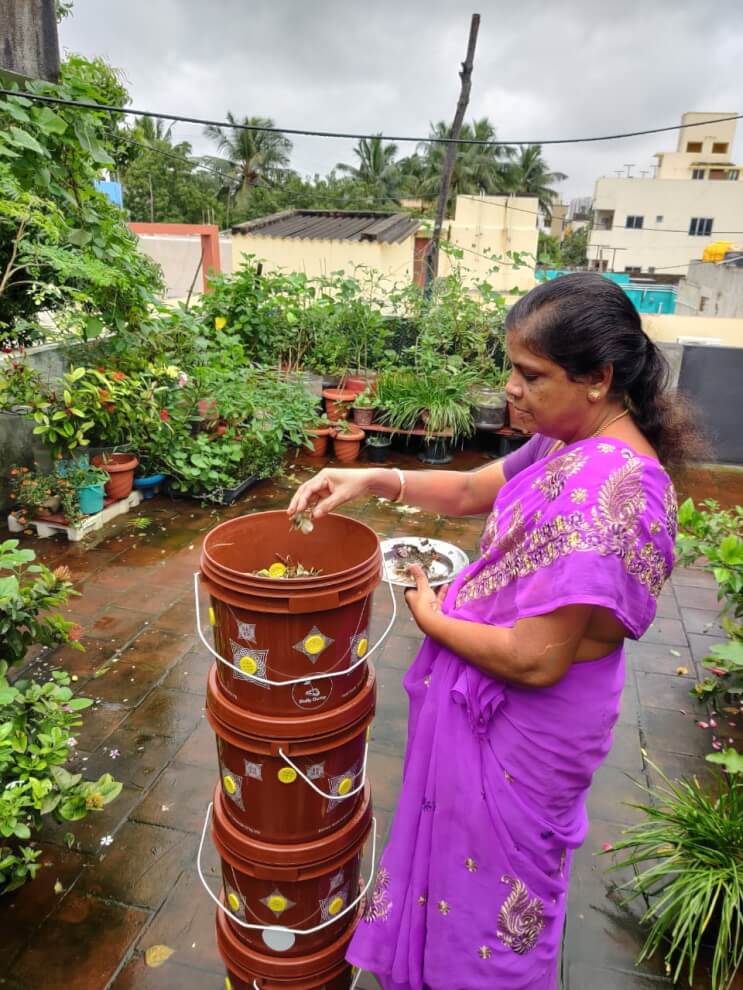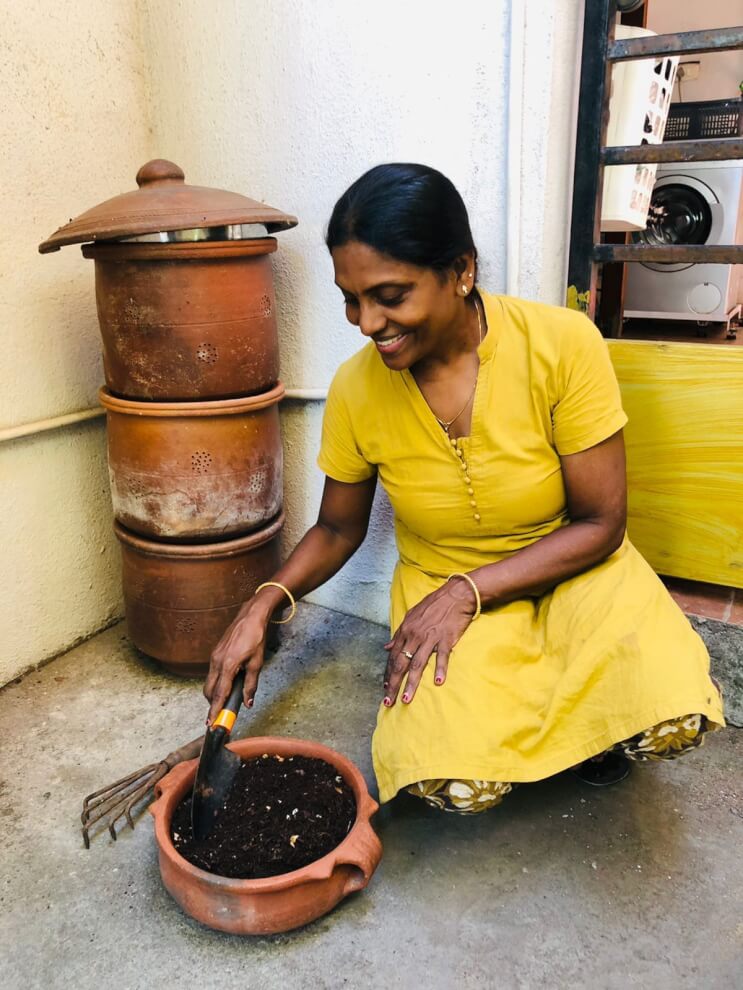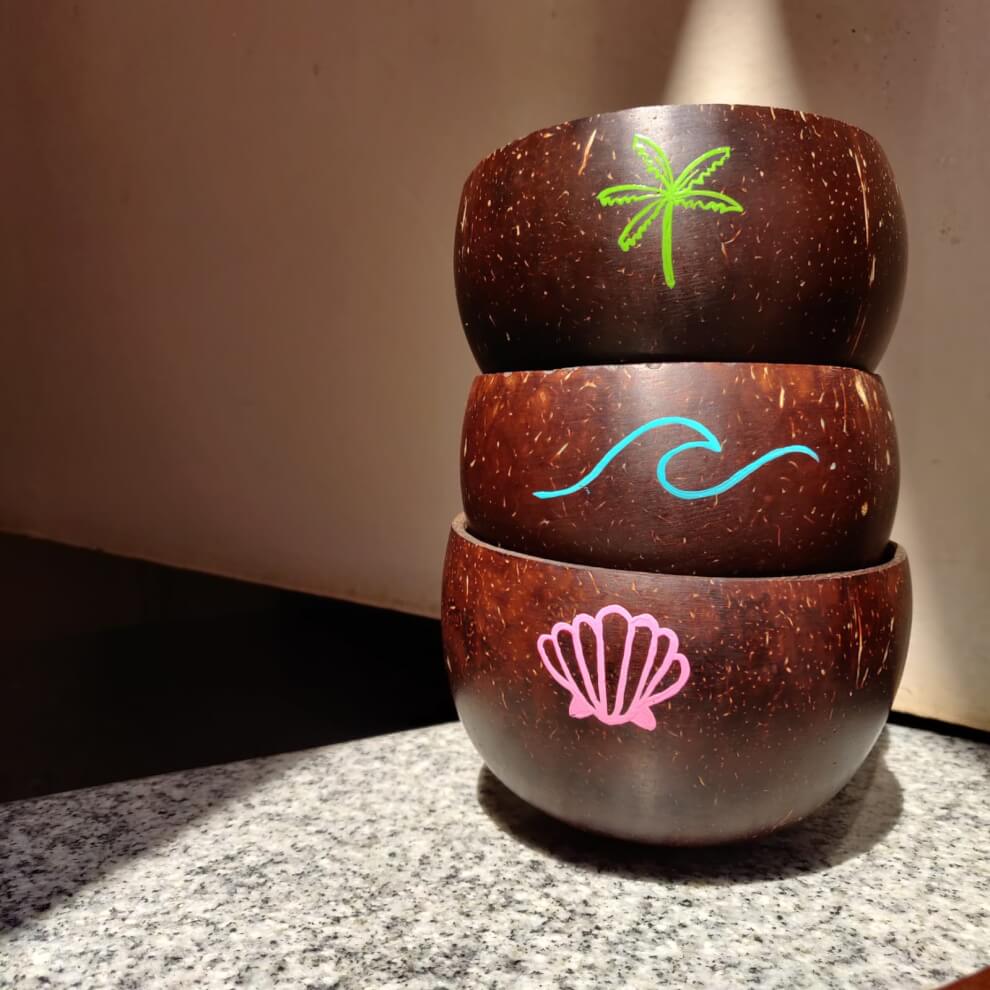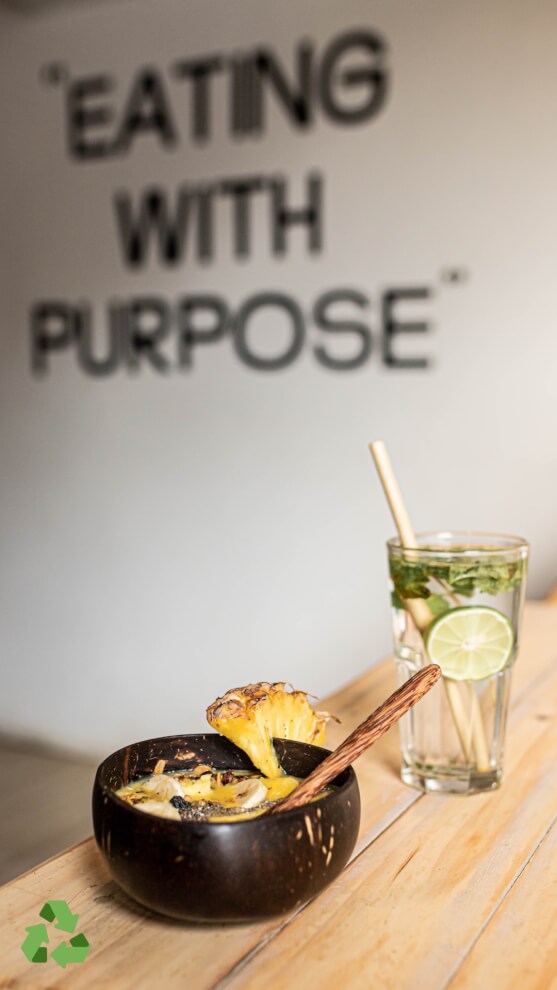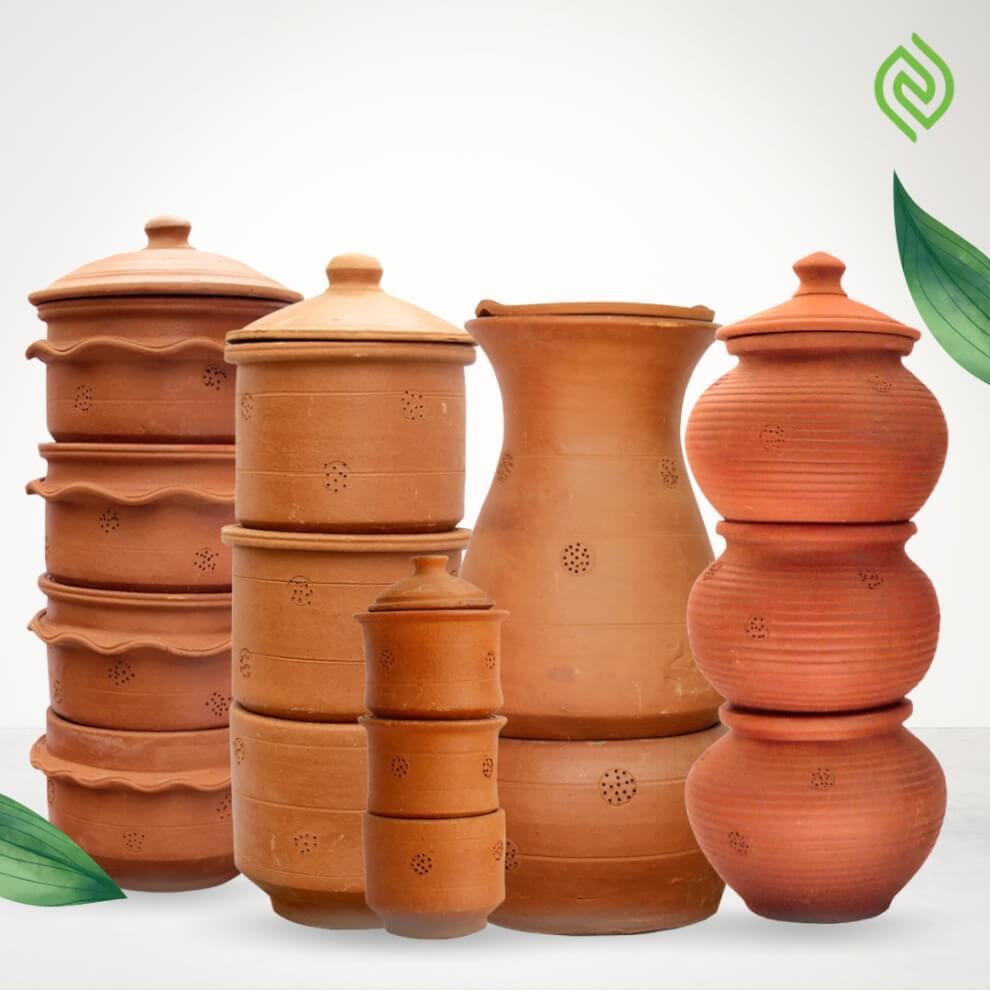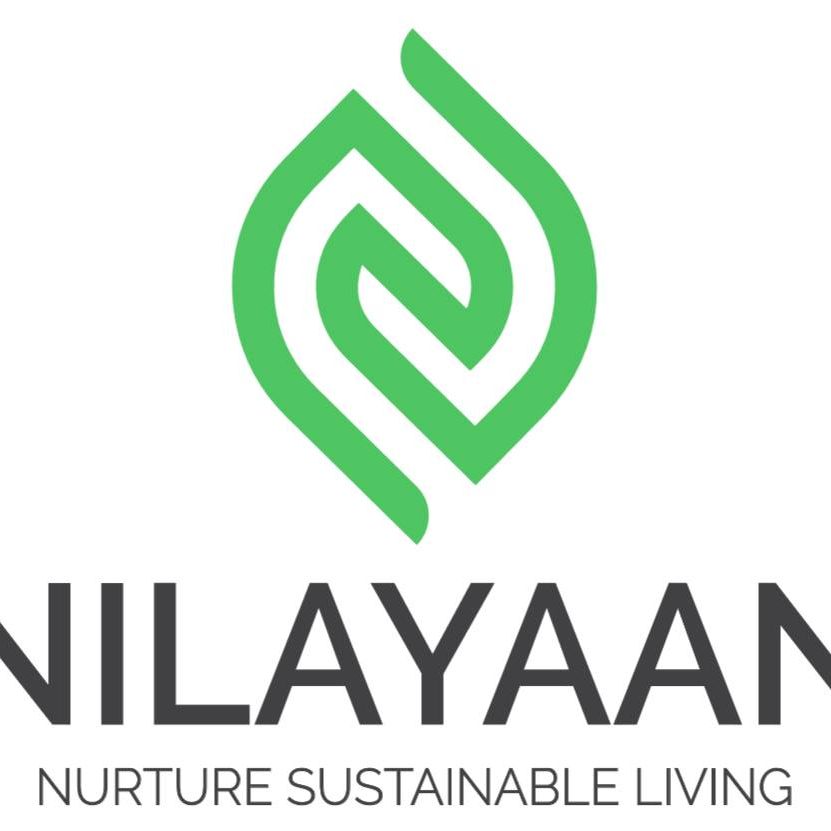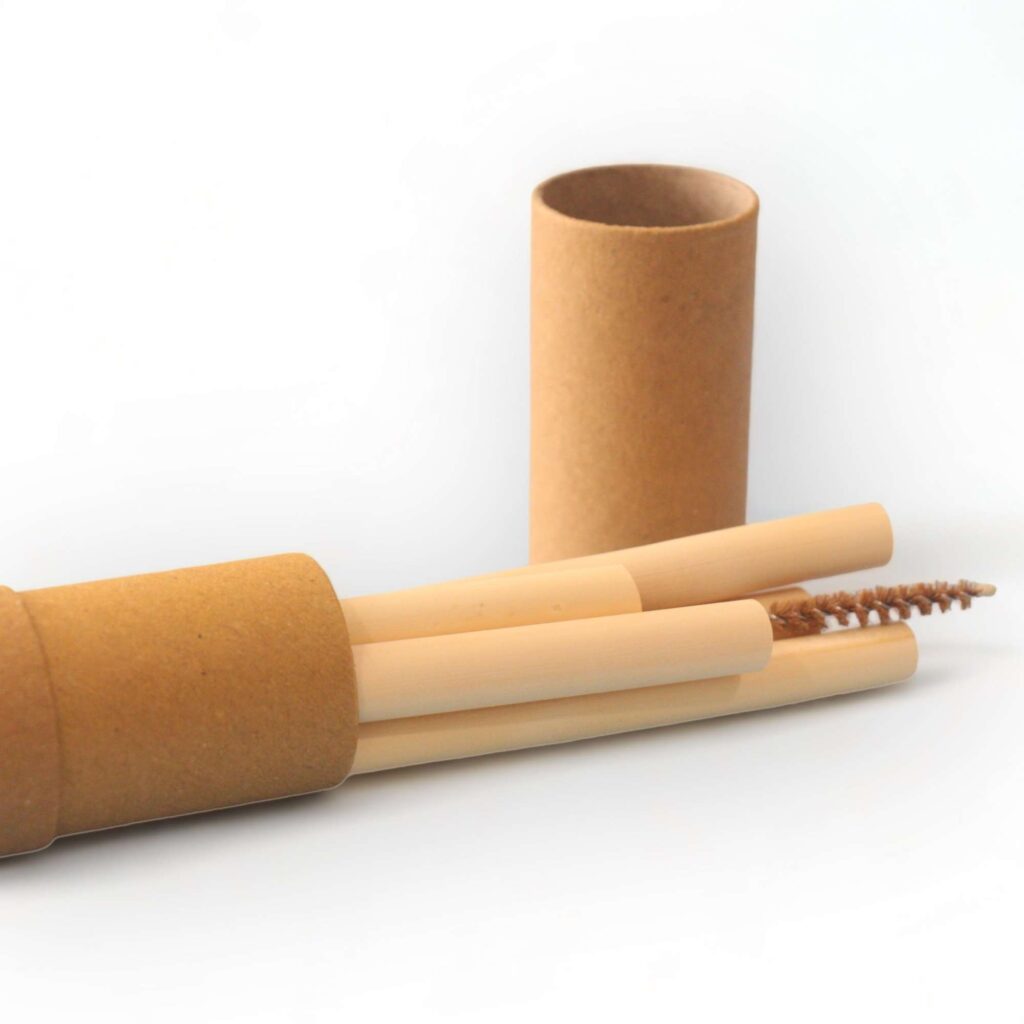There was a cow in the middle of the road. This wasn’t just another lounging cow—indifferent to its urban surroundings. It had an air of discomfort. Deepesh Bhaskar motioned to his cab driver to stop so that he could take a closer look. There it was, the cow, dry-heaving helplessly as the traffic navigated around it. Deepesh instantly enquired the nearby shopkeepers about its owner.
A woman emerged, carrying a bucket of cow dung diluted in water. The concoction instigated the cow to vomit—spewing out a meter length of plastic. “We could not save the cow,” he says with dismay. The incident would trigger Deepesh to quit his corporate job and found Nilayaan—a product company with a focus on reducing waste.
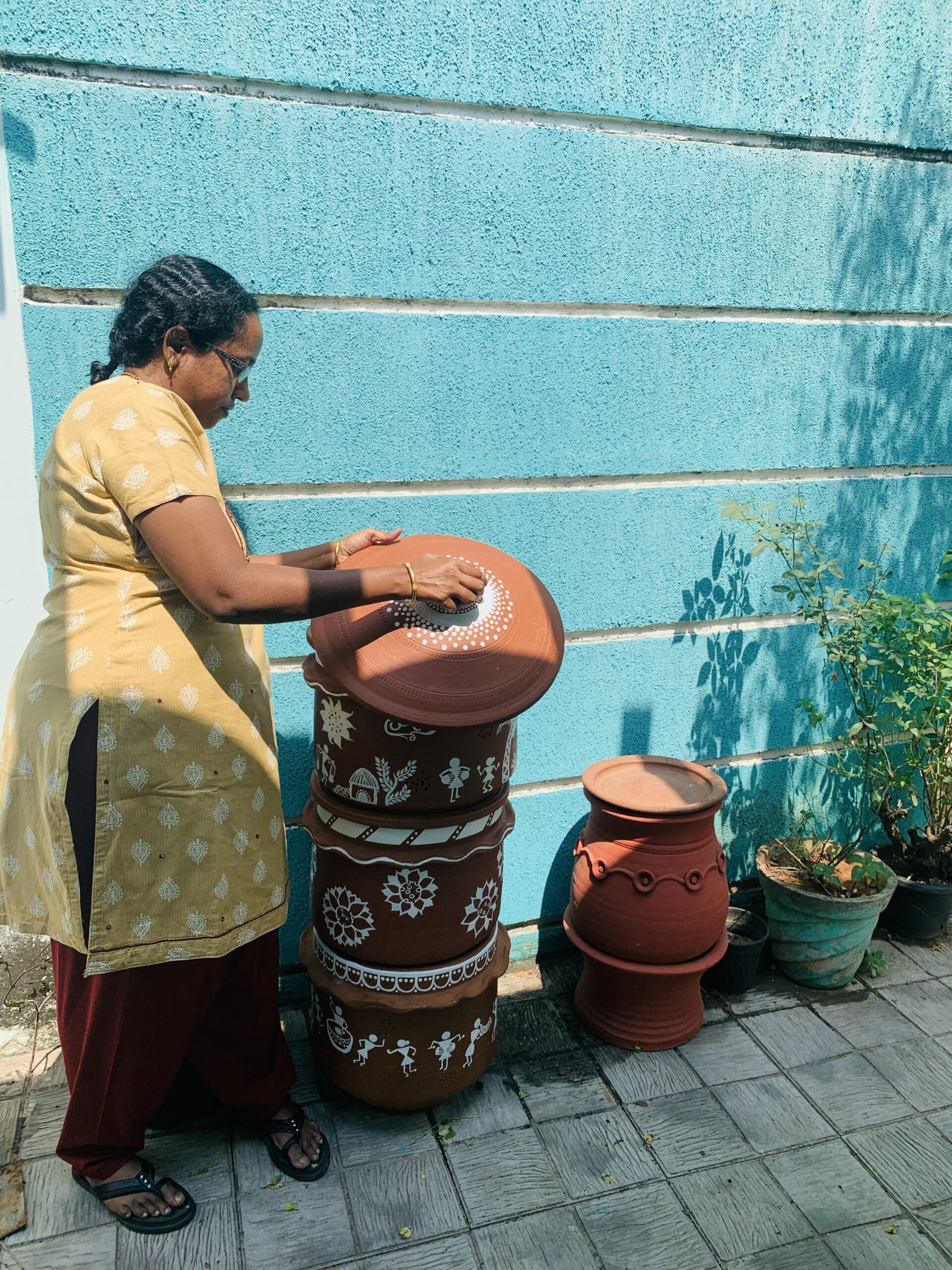
“I studied at the Madras School of Social Work (MSSW),” he reveals. Immediately after college, he dived into a marketing job with study abroad conduction programs where he would coach and mentor students. “Looking back, it is ironic that I played a part in sending young talent outside India,” he chuckles.
By 2018, he had climbed the corporate ladder eventually bagging a high-paying sales job at Byju’s. The pandemic was a blessing in disguise. He was in solitude—at home—away from all the noise and corporate bustle. He found himself thinking more about the incident with the cow and indulged in content about plastics and their emissions. By October 2020, it was crystal clear that he had to quit his job.
Deepesh began attending workshops at the Centre for Science and Environment in New Delhi about climate change. The bottom-up approach of the seminar was proof that the most minor efforts could make the biggest impact.
Just when he thought he’d pursue another master’s degree (this time in climate change), his professors, Dr. Sarah Karunakaran and Dr. Moses advised him to use his research and corporate sales and marketing experience to build an impactful startup. Thus was born Nilayaan.
The first step was to understand the social enterprise model. Deepesh went to NGOs and MSMEs and worked alongside them while interacting with several social entrepreneurs.
“An individual uses from three hundred to four hundred brushes in their lifetime. There are eight billion people in the world” he states, “Now, plastic brushes take about a thousand years to disintegrate.” He calculates a preposterous figure and projects the global plastic pollution in landfills from mere toothbrushes. Bamboo brushes were a great way to reduce a small amount of plastic pollution. However, they weren’t popular enough to be made in bulk.
Deepesh used the help of his MSSW network and contacted Bamboo brush manufacturers from East India. “They still aren’t cost-effective, but I am taking baby steps against climate change by promoting it,” he explains. The large-scale manufacture of bamboo brushes would make them cheaper than their plastic counterparts.
One day, while networking with social entrepreneurs, he was introduced to Indrakumar, the president of Home Exnora Yoga. “Mr. Indrakumar took me to his backyard where he had twenty-five years of organic waste in a compost pit,” he recollects. During the visit, Deepesh not only learnt about composting but also understood the simple application of sustainable systems that could be created to reduce household waste. “He even reused the water in his septic tank with a type of algae that cleaned the chemical substances,” he reveals, still amused.
Deepesh spent the next four months learning how to compost. Through the process, he realised that the biggest drawback of composting without a large backyard was the foul smell and the maggots that swarm around it. Maggots helped with the breakdown process but are considered pests in households.
During his study, he realised that balancing the carbon and nitrogen levels solved the challenge with the odour. “Most people use electric composting techniques that contribute to air pollution. I wanted to find a natural way to solve the problem,” says the resolute entrepreneur. In the following six months Deepesh would experiment with several organic substances. He scoped around for coco peat, collected dried leaves during his afternoon walks and even prepared extra batches of curd and added it to the compost to observe how it accelerated the process.
Once he identified the simplest and most effective process he collected a bulk quantity of plastic buckets and drilled holes in them. This was Nilayaan’s first DIY composting product. He began selling the product to customers only to realise that some issues were still unresolved.
Nevertheless, fate had his back. Deepesh was in Bangalore on a short trip when he was forced to stay back due to a sudden lockdown. While he was stuck in Bangalore, he came across an organisation called the Daily Dump. He approached them as a customer and found out that they not only specialised in DIY organic composting but also solved the problems that he was still breaking his head over.
“As social entrepreneurs, it is always important to collaborate and work together to grow and make an impact,” he divulges as he recollects his conversation with Anindo Ghosh and Poonam Bir Kasturi, the founder of Daily Dump. Eventually, Nilayaan became a partner and authorised seller in Chennai.
Waste management in Chennai is monopolised by three stakeholders. This system made it impossible for Deepesh to penetrate the large-scale B2B segment. He immediately pivoted and restructured his strategy. This time he would work from the bottom of the pyramid by educating customers at pop-ups and the younger generation at schools.
The young entrepreneur has sold thirty composters so far and bagged his first large contract last month with Olympia Panache enabling 120 families to easily compost their organic waste using the community composter. Additionally, he has been expanding his product catalogue while working with local coconut farmers and artisans from Kanyakumari to convert the non-compostable coconut shells into soup bowls and cutlery.
“Everyone still looks back and thinks I’m crazy to have switched my career back to social work,” he says without regret. The zero-waste lifestyle is not an overnight transformation. The social entrepreneur strongly believes that one should only make the conversion when they really feel the need to do so. “That is the only way to sustain the new practice,” he says once again reiterating, “Baby steps against climate change!”
